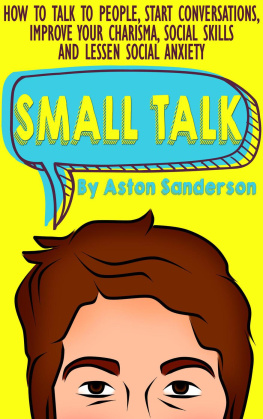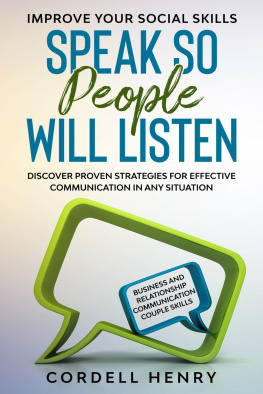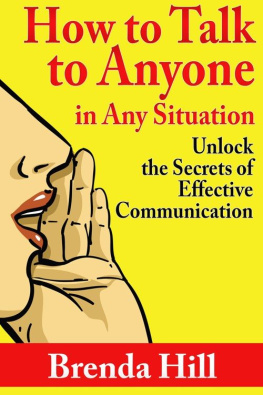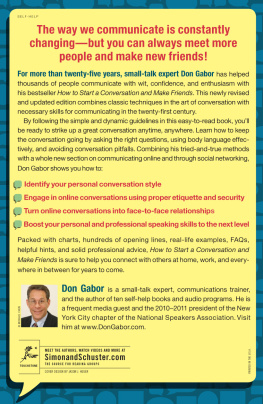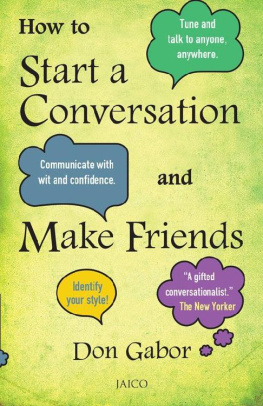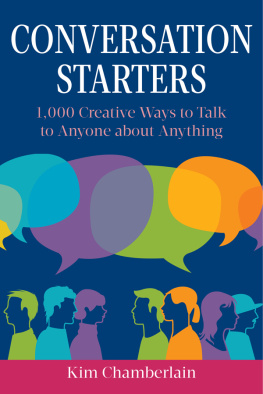Contents
Guide
Page List
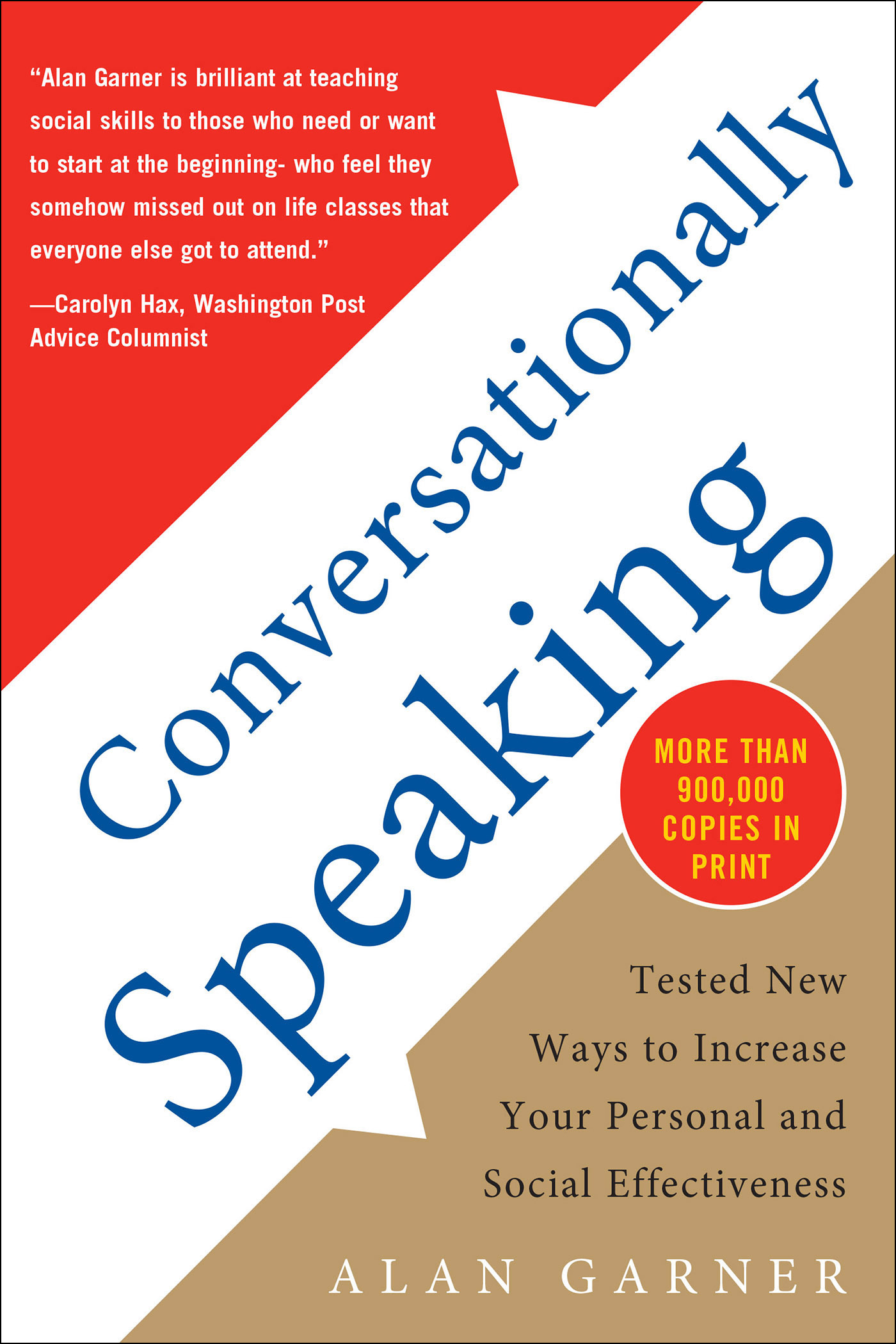

Copyright 2017 by Alan Garner. All rights reserved. Except as permitted under the United States Copyright Act of 1976, no part of this publication may be reproduced or distributed in any form or by any means, or stored in a database or retrieval system, without the prior written permission of the publisher.
ISBN: 978-1-26-011728-8
MHID: 1-26-011728-6.
The material in this eBook also appears in the print version of this title: ISBN: 978-1-56-565629-1, MHID: 1-56-565629-6.
eBook conversion by codeMantra
Version 1.0
All trademarks are trademarks of their respective owners. Rather than put a trademark symbol after every occurrence of a trademarked name, we use names in an editorial fashion only, and to the benefit of the trademark owner, with no intention of infringement of the trademark. Where such designations appear in this book, they have been printed with initial caps.
McGraw-Hill Education eBooks are available at special quantity discounts to use as premiums and sales promotions or for use in corporate training programs. To contact a representative, please visit the Contact Us page at www.mhprofessional.com.
TERMS OF USE
This is a copyrighted work and McGraw-Hill Education and its licensors reserve all rights in and to the work. Use of this work is subject to these terms. Except as permitted under the Copyright Act of 1976 and the right to store and retrieve one copy of the work, you may not decompile, disassemble, reverse engineer, reproduce, modify, create derivative works based upon, transmit, distribute, disseminate, sell, publish or sublicense the work or any part of it without McGraw-Hill Educations prior consent. You may use the work for your own noncommercial and personal use; any other use of the work is strictly prohibited. Your right to use the work may be terminated if you fail to comply with these terms.
THE WORK IS PROVIDED AS IS. McGRAW-HILL EDUCATION AND ITS LICENSORS MAKE NO GUARANTEES OR WARRANTIES AS TO THE ACCURACY, ADEQUACY OR COMPLETENESS OF OR RESULTS TO BE OBTAINED FROM USING THE WORK, INCLUDING ANY INFORMATION THAT CAN BE ACCESSED THROUGH THE WORK VIA HYPERLINK OR OTHERWISE, AND EXPRESSLY DISCLAIM ANY WARRANTY, EXPRESS OR IMPLIED, INCLUDING BUT NOT LIMITED TO IMPLIED WARRANTIES OF MERCHANTABILITY OR FITNESS FOR A PARTICULAR PURPOSE. McGraw-Hill Education and its licensors do not warrant or guarantee that the functions contained in the work will meet your requirements or that its operation will be uninterrupted or error free. Neither McGraw-Hill Education nor its licensors shall be liable to you or anyone else for any inaccuracy, error or omission, regardless of cause, in the work or for any damages resulting therefrom. McGraw-Hill Education has no responsibility for the content of any information accessed through the work. Under no circumstances shall McGraw-Hill Education and/or its licensors be liable for any indirect, incidental, special, punitive, consequential or similar damages that result from the use of or inability to use the work, even if any of them has been advised of the possibility of such damages. This limitation of liability shall apply to any claim or cause whatsoever whether such claim or cause arises in contract, tort or otherwise.
To my parents
ACKNOWLEDGMENTS
To the teachers, colleagues, and friends who have enriched both this book and my life:
Gary Goldstein, Jack Curtis, Joanne Dolinar, and Elisabeth Jakab, my editors
Dean George Blanc and Kris Lauderdale, Orange Coast College
Dean John Wordes, Golden West College
Dr. Dominic LaRusso, University of Oregon
Dr. Frank Oomkes, University of Wageningen
Dr. Gerald Kranzler, University of Oregon
Dr. Gerald Phillips, Pennsylvania State University
Dr. Jules Zentner, UCLA
Dr. Manuel Selya,
Dr. Doris McCoy, and Ken Zugman, M.S.W.
Dr. Susan Glaser and Dr. Peter Glaser, University of Oregon
Dr. Waldo Phelps, UCLA
Elly, Dan, Mr. Aaron, and Sarah Wolf
George Manning, Allan Pease, and Fleming Mlback
Herb Dreyer, PJ Dempsey, and Nancy Sullivan
Jack and Myra Moskowitz
Jim and Sweety Nelson and Phillis Volpe
Joel, David, Michael, and Ellen Moskowitz
Mary Jane, Sandy Tompkins, and Lynn Glaser Sarah, Irwin, Roz, and Leanna Wolfe
Steve Farmer, MSW, and Nicole and Catherine Farmer
Dr. Doris McCoy
Merrill Kaplan
Thank You.
Alan Garner
CONTENTS

Introduction to the Third Edition
C onversationally Speaking has become the most popular book in the world for teaching conversation skills. I have been helping people learn these skills for twenty years, and Im always delighted to see the big, positive changes that these skills make in their lives.
Most people think that some of us are born with the gift of gab and some of us arent. But the truth is that there is no gift of gab. People who are good at conversation just know a few simple skills that anyone can learn.
These skills are like tools. Imagine trying to hammer a nailwith a screwdriver. Or cutting woodwith a shovel. Very difficult. It would take you five times as long, and youd still end up doing a bad job. A screwdriver and a shovel simply arent the right tools. But, with the right toolsa hammer and a sawyou could do these jobs well and with very little effort.
The same is true for conversational tools and skills. You do the best you can with what skills you have, but the skills you have often arent right for the job. Consequently, you dont do nearly as well socially as you might.
Researchers in the fields of communication and psychology have identified several specific skills vital for social effectiveness. Further, they have found that these skills can be learned in a relatively short time. Unfortunately, these research findings have appeared, for the most part, only in academic journals, and the skills involved are taught at only a handful of universities.
I developed the Conversationally Speaking workshop and have written this book to fill in this gap and teach these skills in an interesting, straightforward, and nontechnical manner. The success of my efforts has far exceeded my expectations. Over 50,000 students have taken my workshop, and the public and professional response to this book has been continuous and growing. Further, the skills Im about to share with you have turned out to be just as valid in other languagesforeign editions with exotic-sounding titles like Samtaleteknik and Praten met plezier have become popular throughout the world.
One note of caution before we begin: Just as reading a book about skiing wont, by itself, make you a more skillful skier and reading a book about bodybuilding wont, by itself, improve your muscle tone, so simply reading this book wont do much for your social skills. Improving your social skills will take both reading and lots of consistent, dedicated practice. Read no more than one chapter per sitting, and begin using each skill immediately after you learn it. The last chapter will provide you with a workable way to structure your efforts, should you require it.
Ive enjoyed writing this book, and I think youll be excited to see how learning a few simple skills can produce big improvements in your social life.






